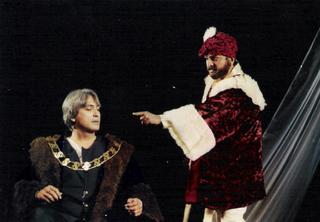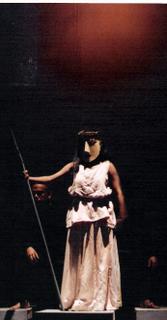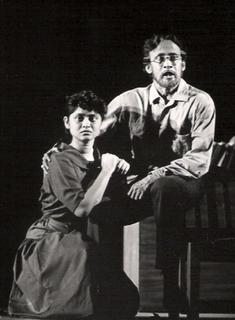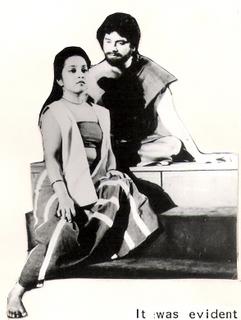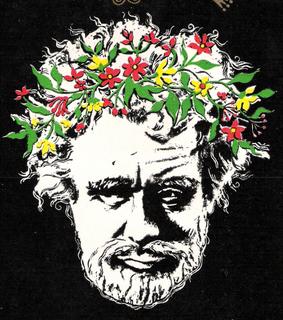
Birth. And death. And in between - a moment - life. A moment, or an eternity. The game of life is not a game in the conventional sense. There are no players, and no winning or losing. Once the pieces are placed in the starting position, the rules determine everything that happens later. It is impossible to look at a starting position or pattern and see what lies in the future. The only way is to follow the rules of the game. A chill may come while it is still
summer outside, or the washed and faint echoes of yesterdays may bump against the lost hills. And we wait, hung in between birth and death, living the moment eternally. And yet, somewhere along the way, we forget this wonderful gift that is ours, forget the fragrances, the tastes, the sights, the touches, the sounds, the silences, that make this life so intensely desirable. Forget to celebrate life, that is so short, and yet, so complete.
Mrityumukhar Ek/Dui – two short pieces – based on Luigi Pirandello and Krishna Sobti’s writings, staged in 2004, brings out the passion that is life, the ecstasy that is life, the obsession that is life, the party that is life – if only we know how to live it.
Credits –
Lights – Badal Das
Music - Saswati Biswas
Stage – Ajit Roy
Translation – Saswati Biswas and Salil Bandyopadhyay
Direction – Saswati Biswas
Cast - Mrityumukhar Ek
The Violin Player – Amartya Ghosh
The Man – Asesh Choudhury
The Traveller – Dhrubajyoti Das
The Woman – Anita Roy
Cast - Mrityumukhar Dui
Mother – Saswati Biswas
Daughter – jagori Bandyopadhyay
The Telegraph_28.6.2004

